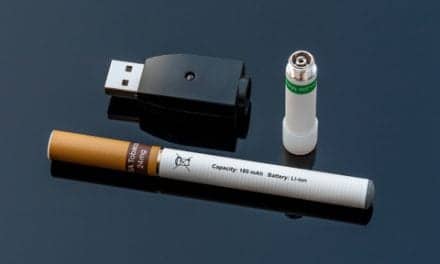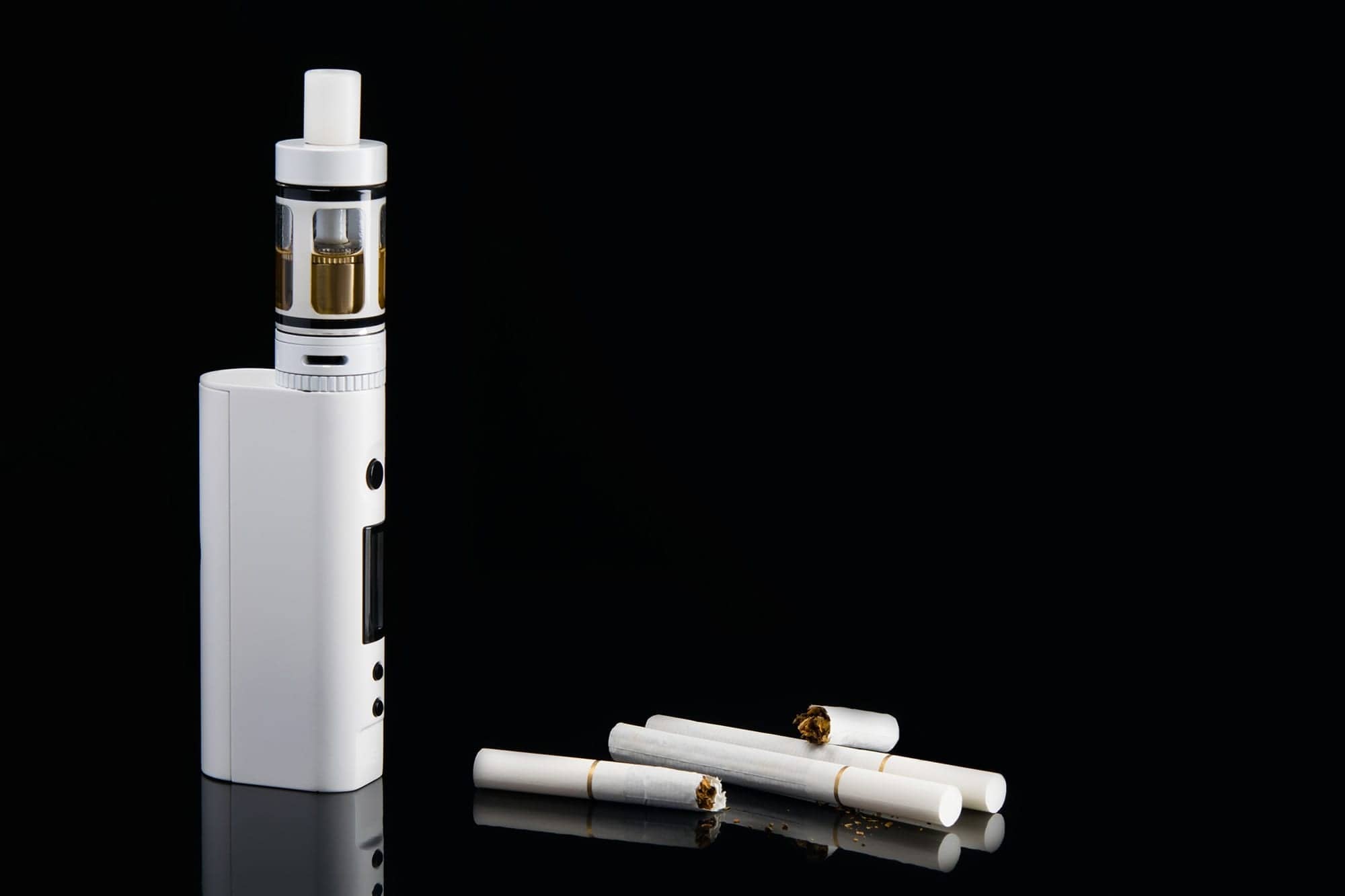Canada has legalized the recreational use of marijuana, becoming the second nation in the world and first major economy to do so, according to multiple media reports including the New York Times. (Uruguay legalized recreational marijuana use in 2017.) Medical marijuana has been legal in Canada since 2001.
Legalization occurred at 12:00am Wednesday, and was marked across the country by countdown parties similar to New Year’s Eve celebrations. Many supporters compared pot legalization to the end of alcohol prohibition in the 20th century.
According to the New York Times, the Federal Cannabis Act outlines the following guidelines:
- The legal age for marijuana use will be 19 in most provinces, and 18 in Quebec.
- Canadians will be allowed to possess, carry and share with other adults up to 30 grams of marijuana.
- In some provinces, weed will be legally sold only in government stores; in others, only in private stores; and in others there will be a mix. No bar or restaurant will be able to sell marijuana, at least not at first.
- Prices will vary based on province and vendor. A marijuana excise tax will be divided between the federal government and the provinces.
- Canadians may grow up to four plants per household (excluding Quebec and Manitoba where growing is banned).
Proponents of legalization call it long overdue and hail the country as a progressive leader. “We are witnessing history,” said Shawn King, the host of a countdown to legalization on a local radio station. “Marijuana prohibition is ending after 96 years. There’s going to be a generation of people that never knew it was ever banned.”
But not everyone is thrilled about the move.
Health experts writing in the Canadian Medical Association Journal called legalization “a national, uncontrolled experiment in which the profits of cannabis producers and tax revenues are squarely pitched against the health of Canadians.”










I think it’s alright to legalize Marijuana it is a fairly safe drug, it is definitely safer then alcohol. Those who disagree with that assessment are usually the ones that use alcohol
Mark my words, Canada will regret legalizing marijuana one day , but until then the great people of Canada will suffer the negative and harmful effects of the drug because of the irresponsible actions of their corrupt politicians. History seems to always repeat its self, doesn’t it? Communist have used this playbook for along time, so they can obtain more and more power over their subjects.i hope that Canadian’s wake up and rise up and boot out of office and drain their own swamp.